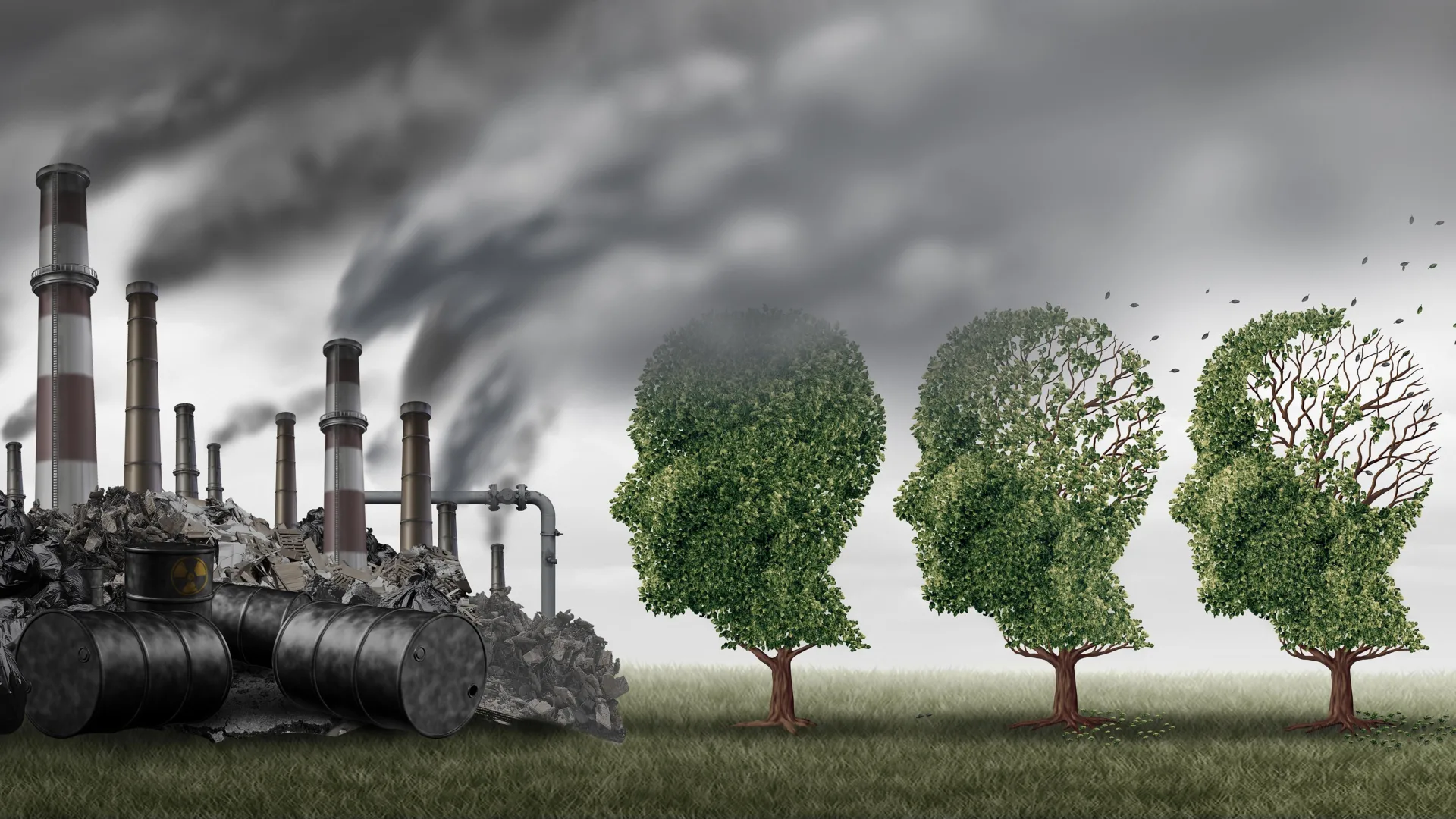Exposure to high concentrations of air pollution may worsen Alzheimer’s disease (AD) by accelerating the buildup of toxic proteins in the brain and speeding up cognitive decline. For the first time, post-mortem tissue from people with AD revealed…
Category: 5. Health
-

NFL Commissioner Roger Goodell Talks About How Pilates Has Helped
NFL Commissioner Roger Goodell, seen here announcing a pick during the 2025 NFL Draft, has done Pilates for 18 years. (Photo by Perry Knotts/Getty Images)
Getty Images
You could say that NFL Commissioner Roger Goodell really wanted to get to the…
Continue Reading
-
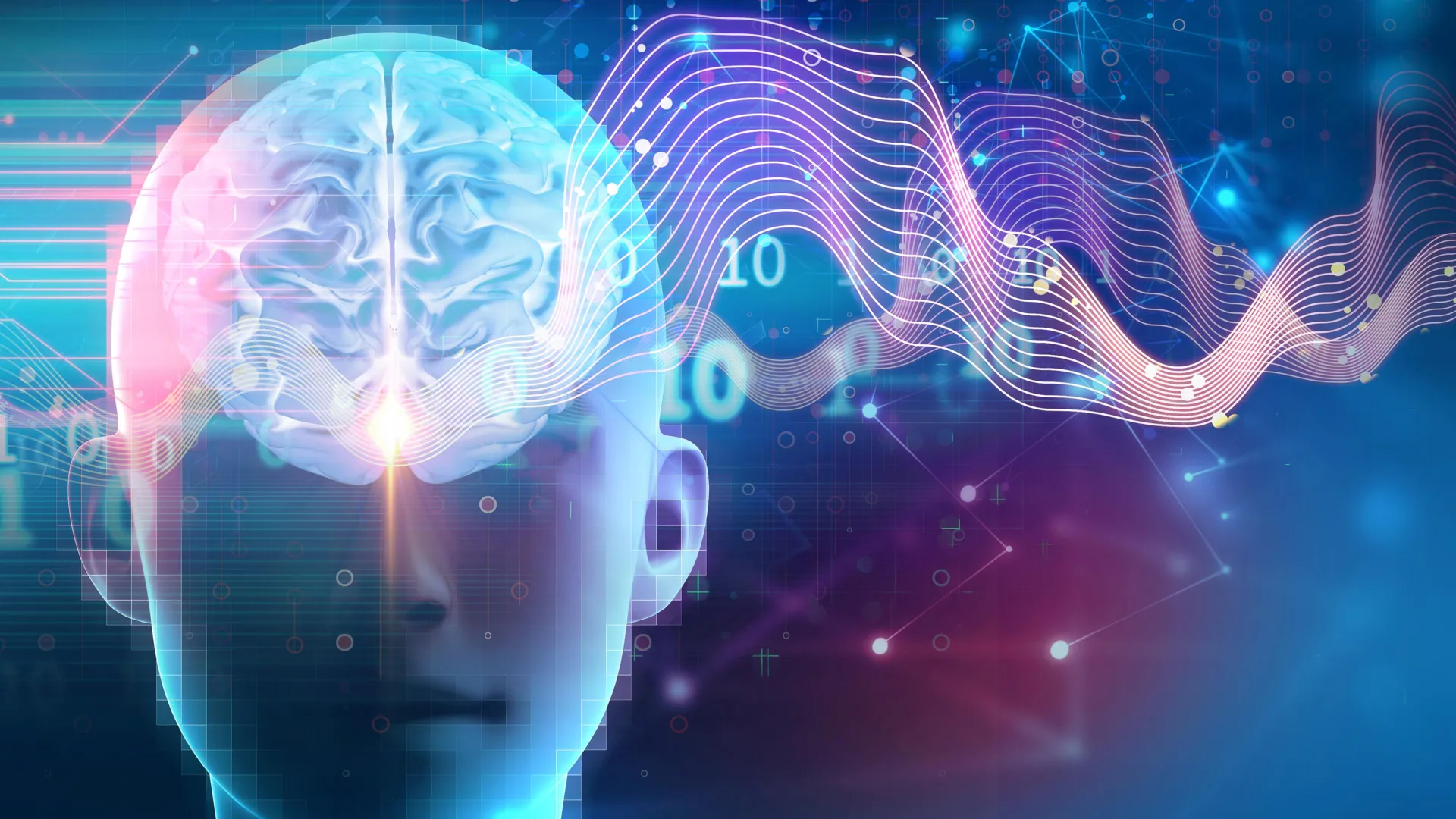
The sleep switch that builds muscle, burns fat, and boosts brainpower
As every bodybuilder knows, a deep, restful sleep boosts levels of growth hormone to build strong muscle and bone and burn fat. And as every teenager should know, they won’t reach their full height potential without adequate growth hormone from a…
Continue Reading
-

Seven blood molecules that could explain why you’re always sleepy
Mass General Brigham researchers identified seven molecules in the blood linked to excessive daytime sleepiness, including factors related to diet and hormones.
Approximately one in three Americans reports experiencing overwhelming drowsiness…
Continue Reading
-
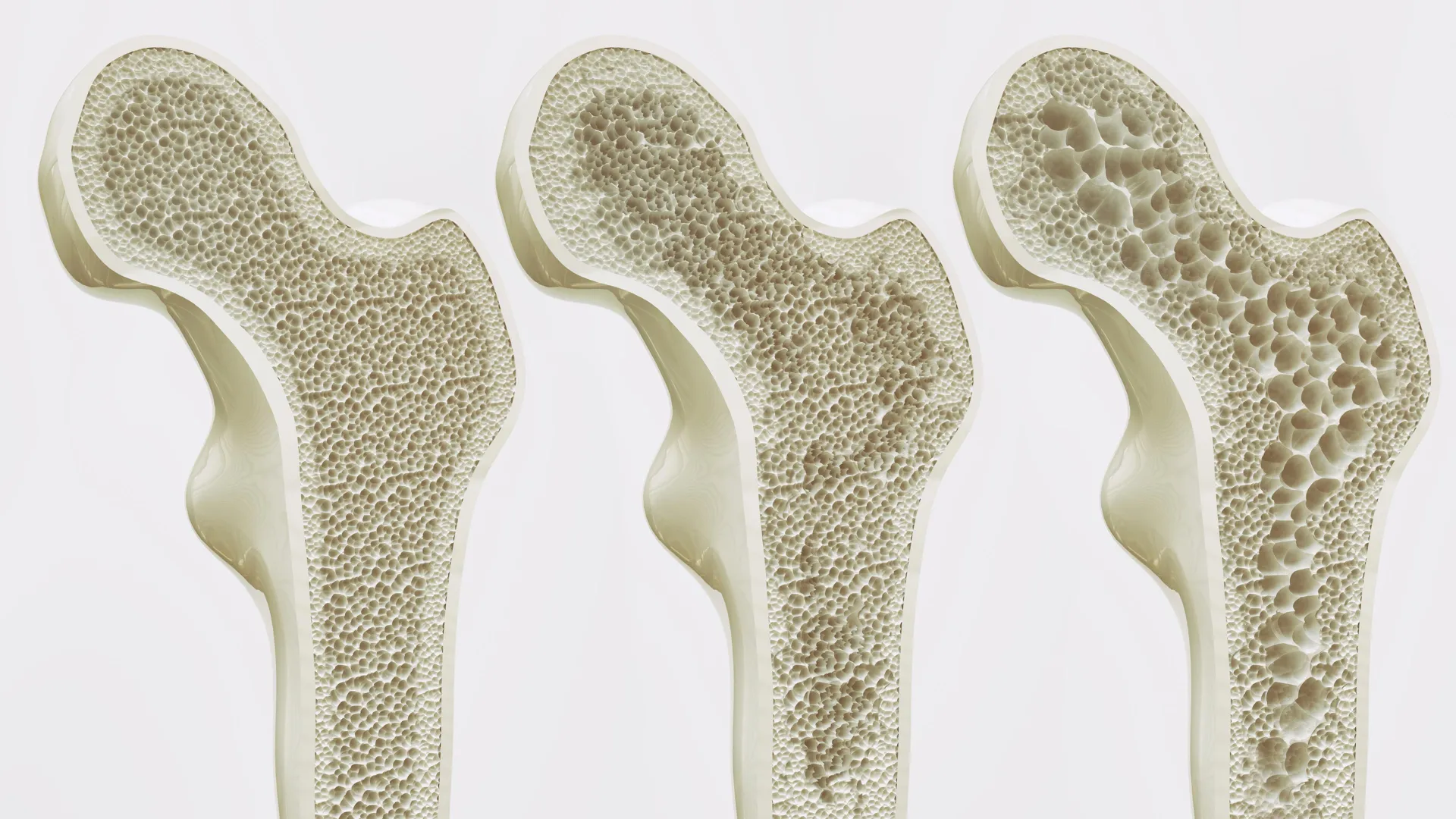
Scientists may have found a way to strengthen bones for life
There is a high demand for safe and long-lasting medications to treat bone loss, known medically as osteoporosis. In Germany, around six million people – mostly women – are affected by this widespread condition. Discovering new targets for drug…
Continue Reading
-

Why the flu turns deadly for older adults, and how scientists found the cause
Scientists have discovered why older people are more likely to suffer severely from the flu, and can now use their findings to address this risk.
In a new study, which is published in PNAS, experts discovered that older people produce a…
Continue Reading
-
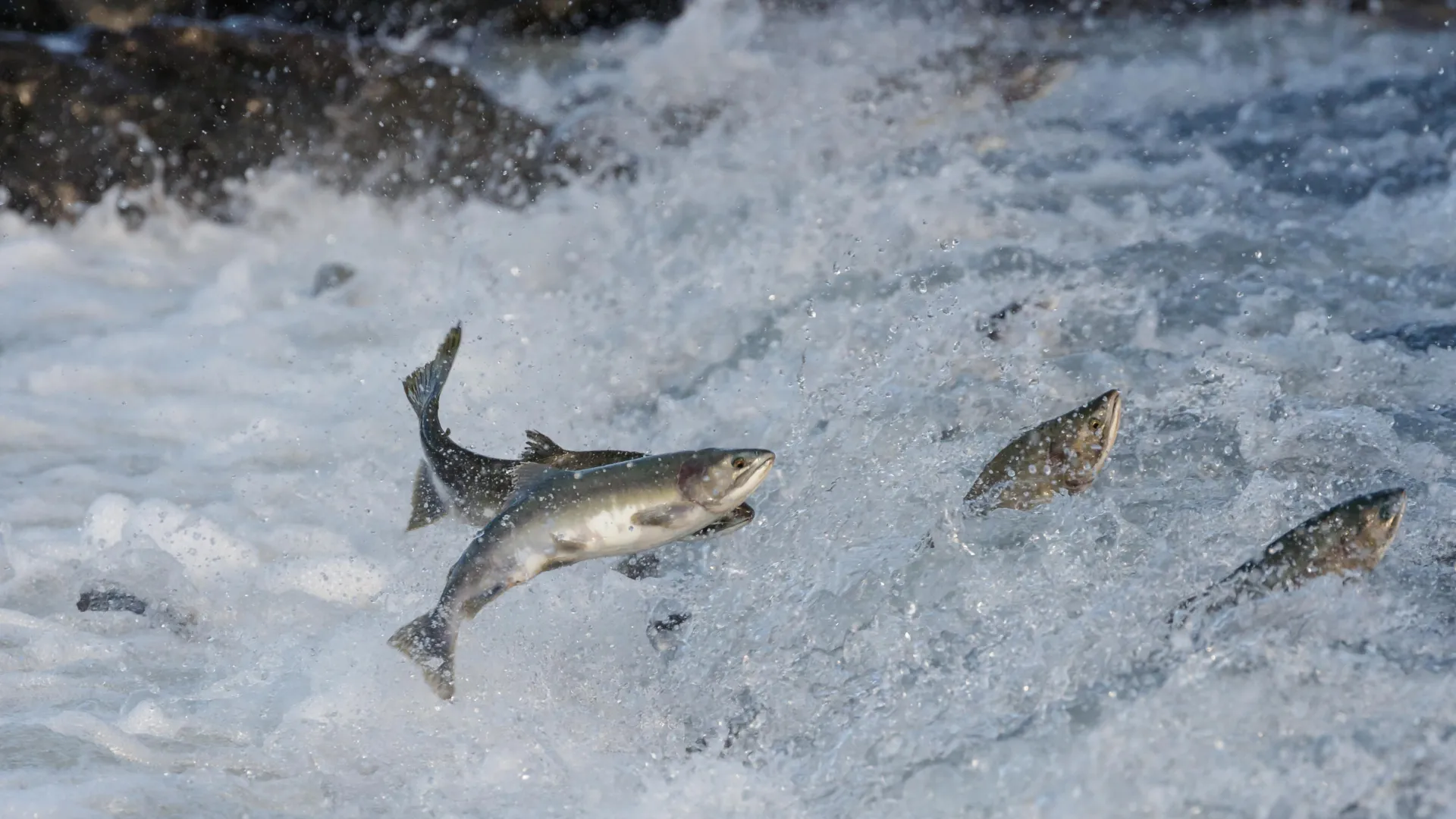
Salmon’s secret superfood is smaller than a grain of salt
In northern California, salmon are more than just fish — they’re a cornerstone of tribal traditions, a driver of tourism and a sign of healthy rivers. So it may not come as a surprise that NAU and University of California Berkeley scientists…
Continue Reading
-
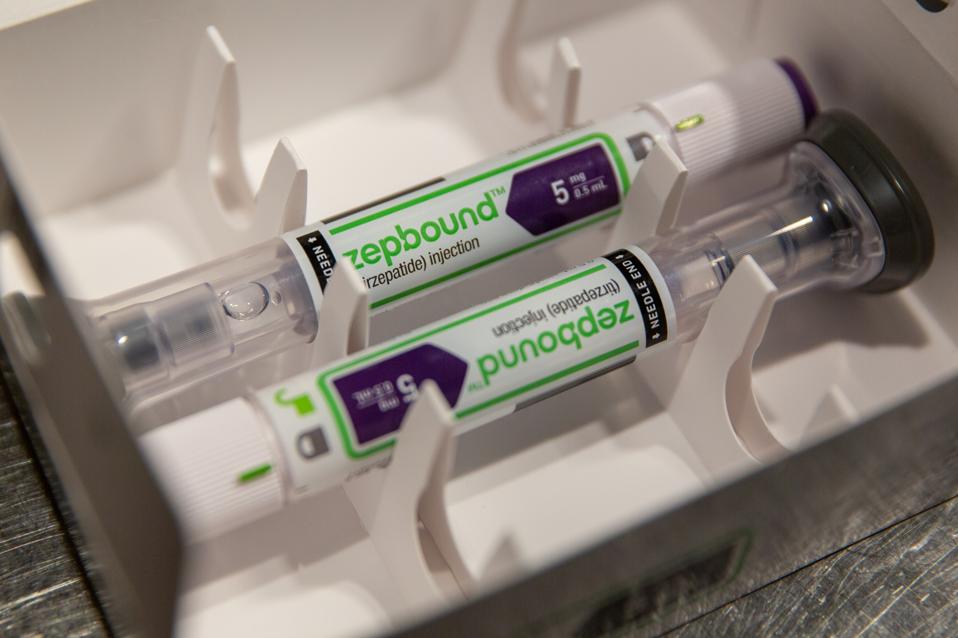
Direct-To-Consumer Pricing As A Model For Healthcare Reform
Eli Lilly & Co. Zepbound injection pens arranged in a tray. Photographer: Shelby Knowles/Bloomberg
© 2024 Bloomberg Finance LP
Eli Lilly’s decision to sell its obesity drug Zepbound directly to patients for $499 per month—well below the…
Continue Reading
-

Why Caregivers Aren’t Using Support Services
As more caregivers take on increasing responsibility, they need interventions that mitigate the negative effects of caregiving on daily life.
getty
Since her husband was diagnosed with leptomeningeal disease, Esme Almonte, 58 (name changed), says…
Continue Reading
-
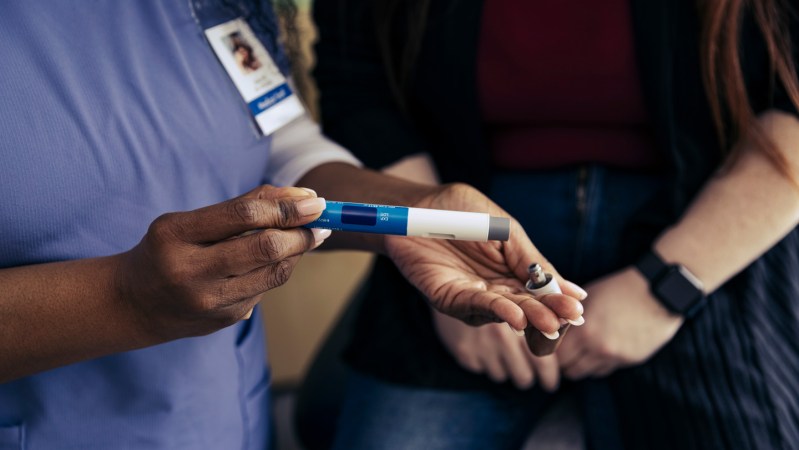
Drugs like Ozempic might lower cancer risk
GLP-1 medications like Ozempic, Wegovy and Mounjaro might lower people’s risk of developing certain cancers, especially ones linked to obesity.
Continue Reading
